Seaspiracy | A Disputable Wake-Up Call
Amidst its controversy, Seaspiracy laden with jaw-dropping and shocking information that left the viewers thinking twice before they consume seafood. A research was conducted after the release of Seaspiracy and the result indicates that the plant-based seafood’s market is elevating. Is it true that the film is (merely) vegan propaganda and contains misleading claims?
To receive the Luxiders newsletter, sign up here.
Narrated by the British filmmaker Ali Tabrizi, this Netflix’s documentary film tackles heavy topics with dramatic footage about the problem within the fishing industry, such as; overfishing, animal cruelty, marine destruction, and modern slavery. Tabrizi presents shocking data, including over 300,000 whales and dolphins are killed every year as "bycatch"—the act of catching other animals unintentionally with fishing nets—and the oceans will be “empty” by 2048 if we keep fishing as we do now. The provoking documentary also claims that fishing nets is the primary cause of plastic waste in the ocean.
In over 90-minutes duration, Tabrizi and his partner travel to Japan, Thailand, the Faroe Islands and Scotland to investigate the fishery industry and discover that fishing is the biggest threat to the ocean and further climate change and sustainability. Some viewers said they would go vegan after watching Seaspiracy and realised how environmentally damaging commercial fishing is. Twitter was flooding with the Seaspiracy hashtag (#seaspiracy); many people tweeted their concerns about the cost of eating fish and expressed their devastated and horrifying feeling after watching how fishes being slaughtered.
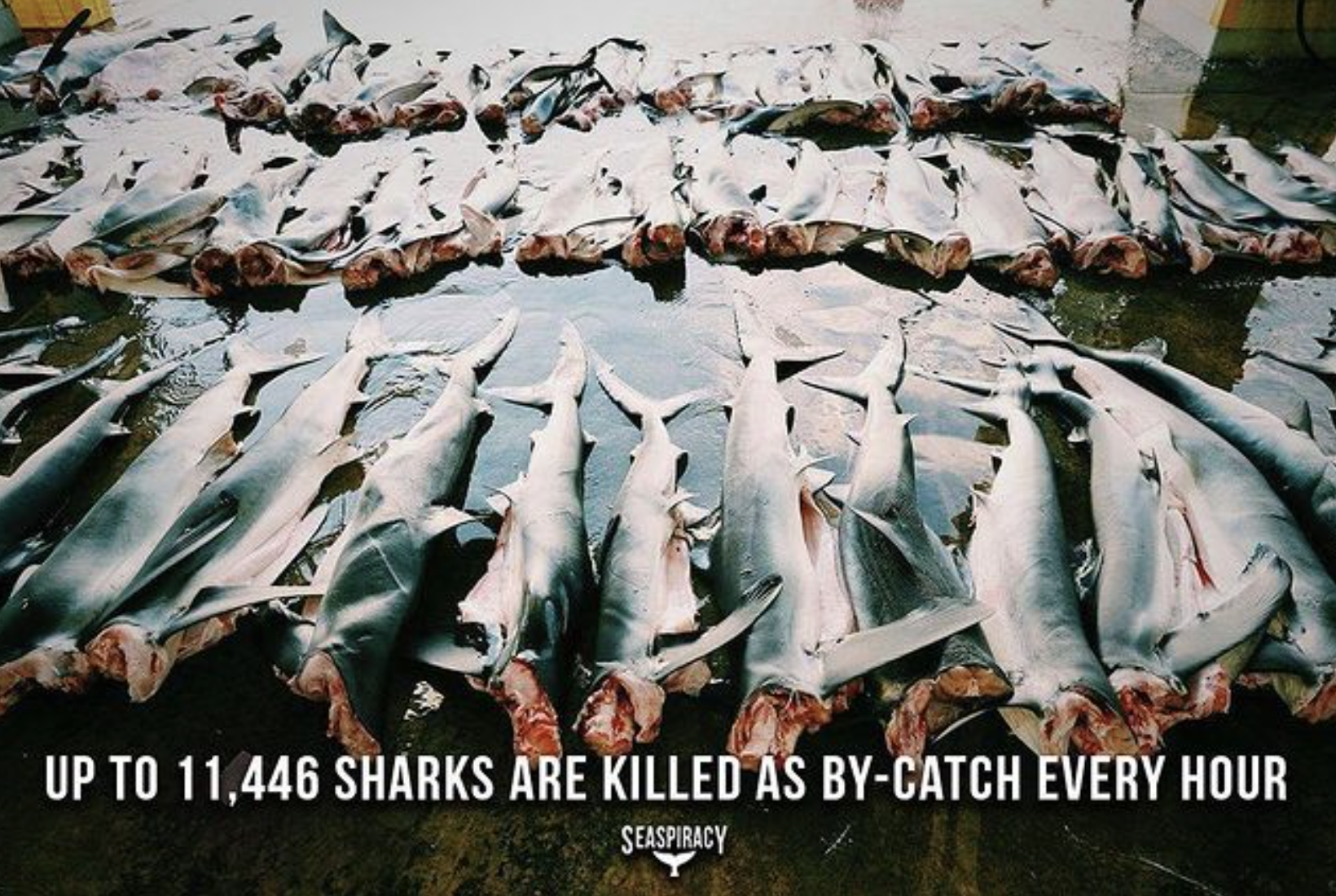
© Seaspiracy
Tabrizi, who is known for his remarkable work on Cowspiracy—another Netflix documentary film with the end message to go meatless—introduced the notion of “blood shrimp” to portrays the seafood industry in which tainted with human right abuses. He exposes the unethical practice—sometimes criminal enterprise—that circled the industrial fisheries. According to this film, the environmental NGOs that ideally solve this problem seem to hide the facts and don’t want to share their thoughts about the destruction. However, after the film’s released on March 24, Tabrizi (and Netflix) received numbers of critics from marine experts, environmentalists and conservation organisations that say Seaspiracy twist the narratives, presents some truths and a lot of lies, that the film is distorted and the data is falsely claimed.
Seaspiracy is not the first movie—also watches Blue Planet II and the BBC’s Blue Planet Live--which exposes the problem within the marine world and is definitely not the first to present undated data or false claims. But why no one actually complaining about that? George Monbiot, an environmentalist, says it might because some fisheries scientists have their livelihood depend on the industry.
"I suspect some people are so angry because it’s not just malpractice Seaspiracy exposes, but an entire worldview"—Monbiot
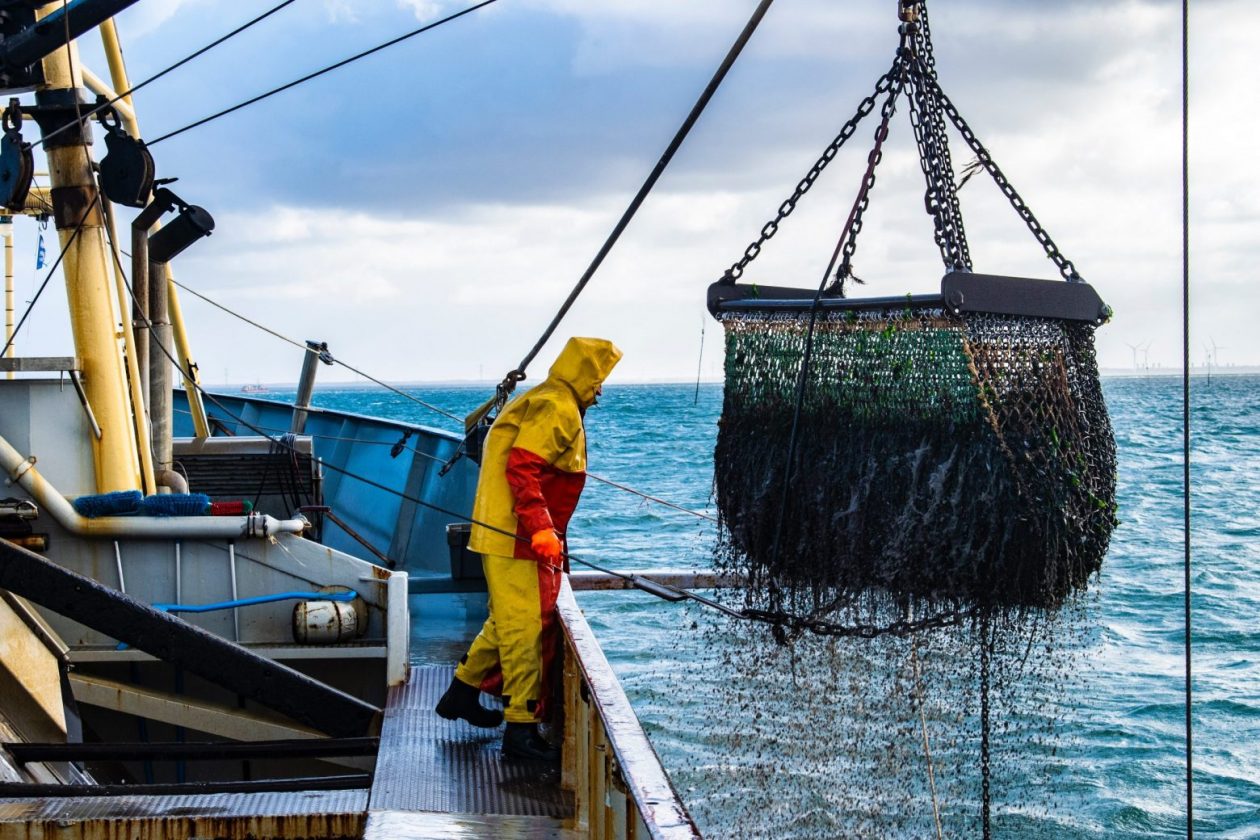
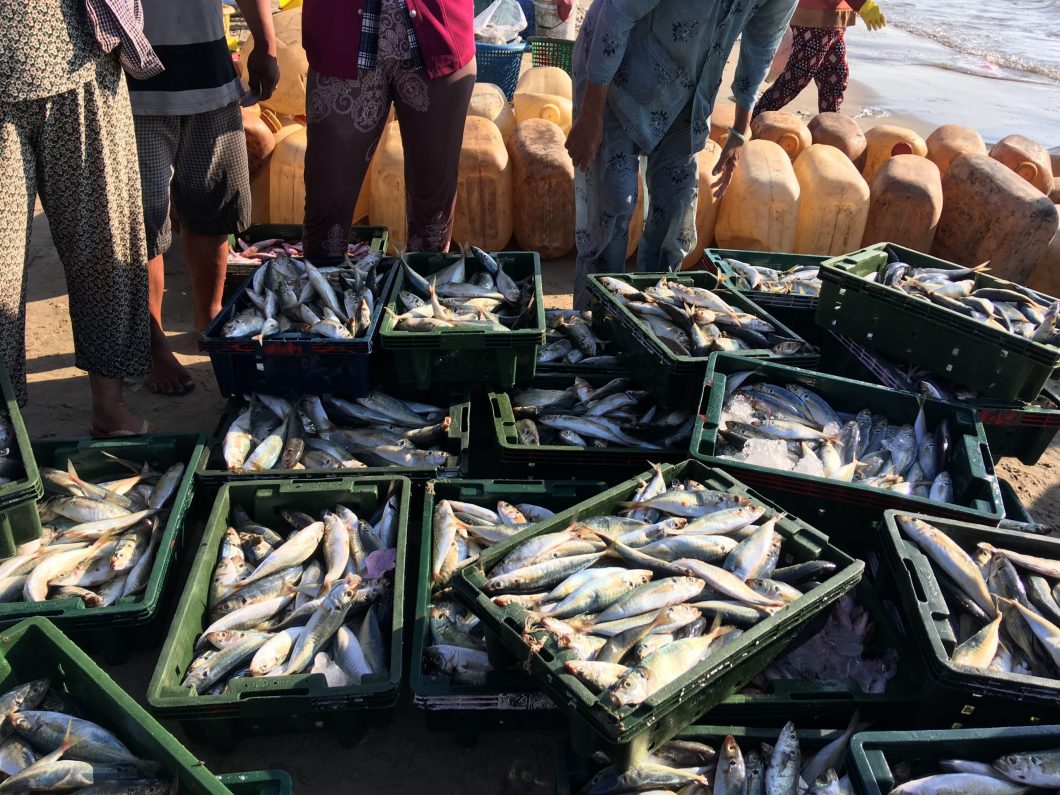
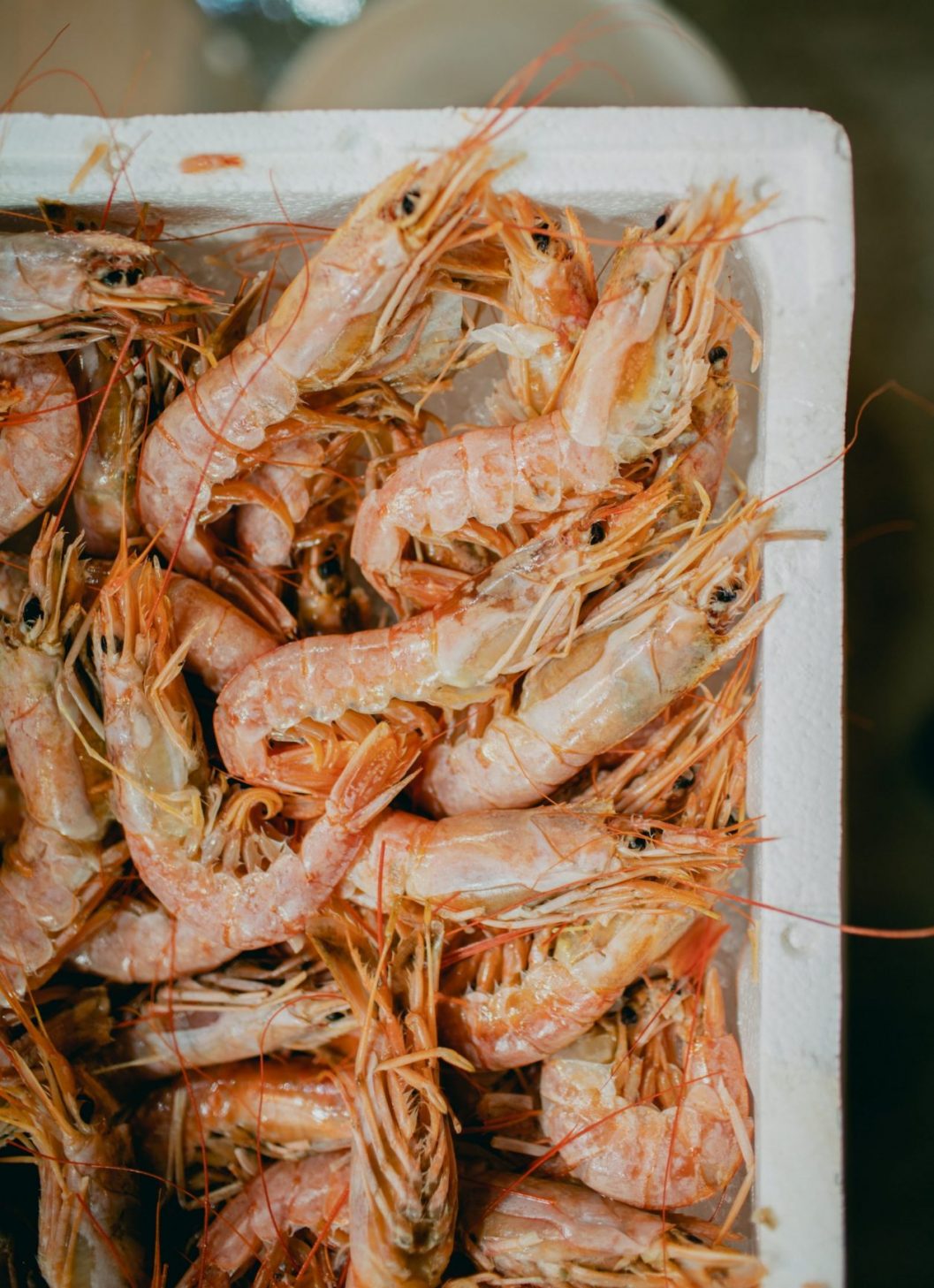
Seaspiracy is not only an eye-opener for the people like us, but also it opens the door for the many exposures and investigations about the seafood industry and marine life. A recent study reveals that bottom trawling in the fishing industry is responsible for releasing over a billion metric tonnes of carbon dioxide annually – more than the emissions from global aviation. Boris Worm, a researcher and co-author of the study, states:
"If we want to solve the three most pressing challenges of our century—biodiversity loss, climate change and food shortages—we must protect our ocean."
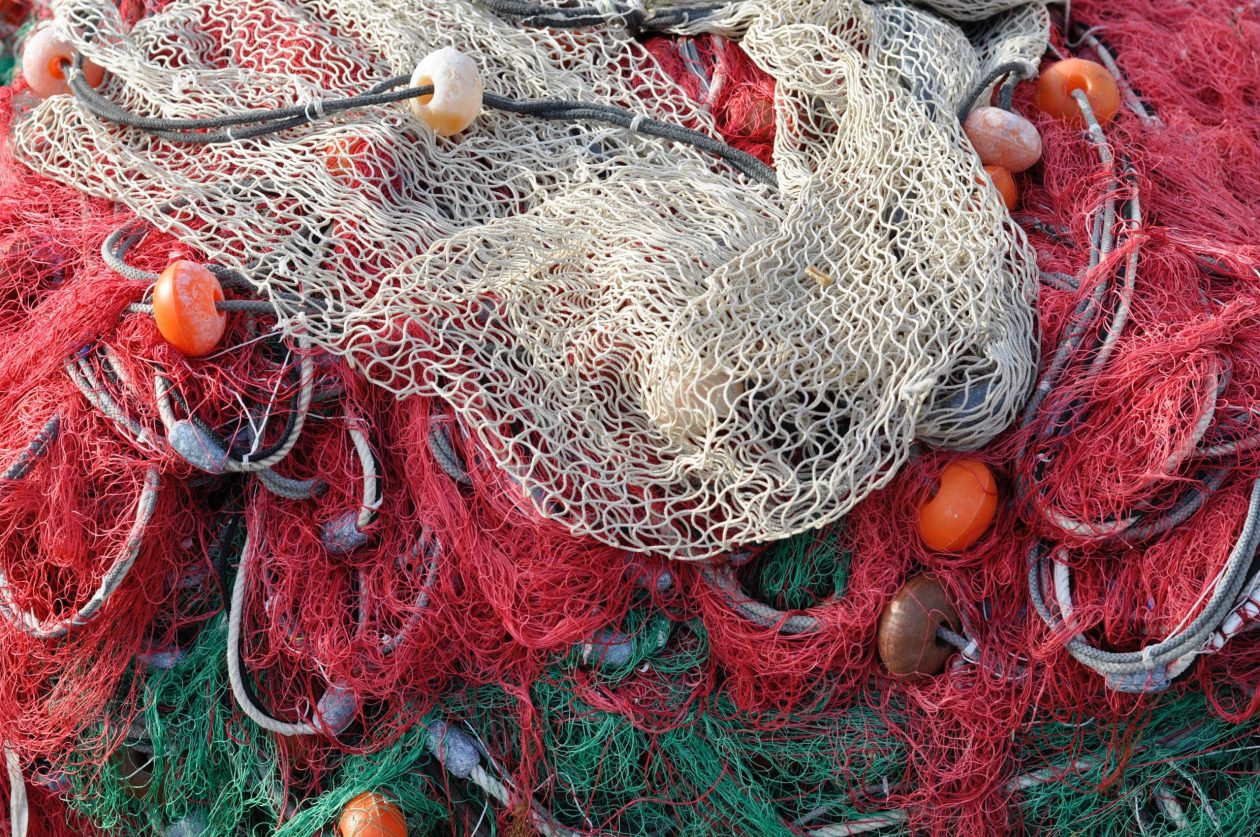

© Ali Tabrizi
The study shows that more people are leaning towards plant-based food and this trend echoes by the food industry. Eleven Madison Park, a three-Michelin-starred restaurant in New York, just announced that they are going vegan and becoming one of the most high-profile restaurants to do so. Chef and owner Daniel Humm says that the restaurant stopped using any animal products, “every dish is made from vegetables, both from the earth and the sea, as well as fruits, legumes, fungi, grains, and so much more.” He adds that the way people consume food is not sustainable. Further, a well-known food publication, Epicurious, would no longer publish new recipes that include beef.
So, regardless, the Seaspiracy accuracy is disputable and whether it is propaganda or not, we can’t deny that there are problems that need to be addressed urgently in the way we treat our planet and we consume our food. In this case, let’s just be wiser and kinder!

+ Words: Alvia Zuhadmono, Luxiders Magazine
Sustainable communication student | Sweden-based writer
Connect with her through LinkedIn




